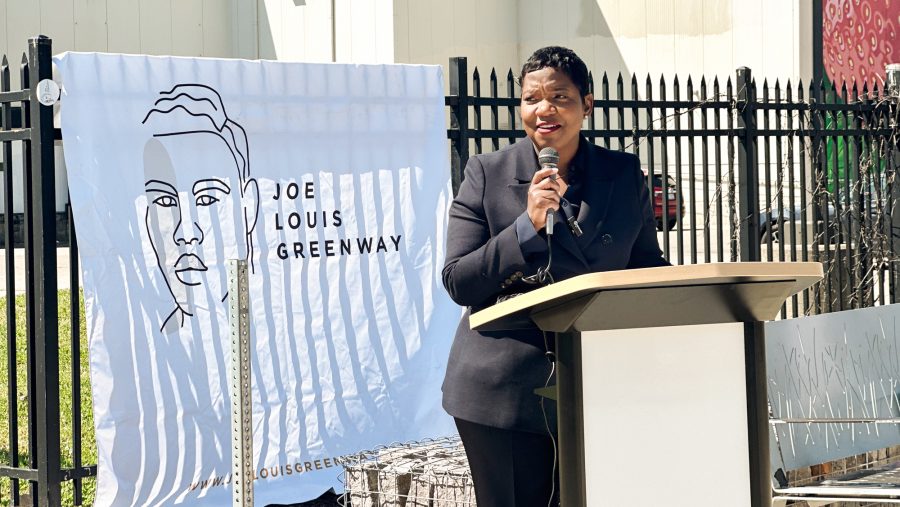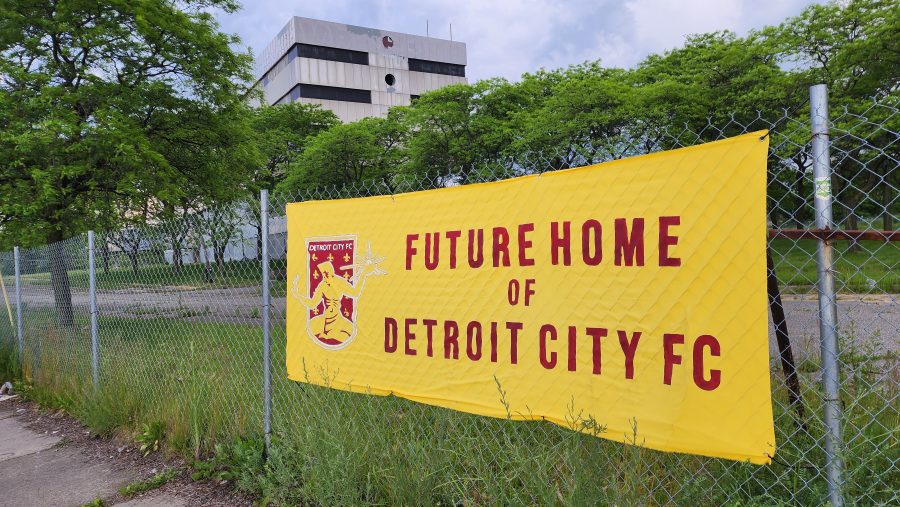The Metro: Metroparks to vote on future of Flat Rock Dam
The future of a nearly 100-year-old dam in Flat Rock, MI will be determined tomorrow. The board of commissioners for Huron-Clinton Metroparks, who owns the dam, will vote on its long-term plans for the structure at 1 p.m. at Willow Metropark. The meeting is open to the public.
Three proposals
A two-year feasibility study conducted by Huron-Clinton Metroparks produced three options for the future of the dam.
- Leave the dam as-is, but improve the fish ladder
- Partial removal of the dam, with construction of rock arches
- Full removal of the dam
The organization’s CEO Amy McMillan recommended partial removal, saying it would maintain similar water levels of the impoundment and preserve recreation activities like kayaking and fishing.
Community members and elected officials oppose all options that remove the dam, urging Metroparks to leave the dam as-is.
Brad Booth, president of the Flat Rock Dam Coalition, says ‘similar’ is not firm enough. His group wants a commitment from Huron-Clinton Metroparks to alleviate fears of a significant decrease in water level.
Booth told The Metro that in addition to recreational activities, his group is also concerned about property values and changes to flora and fauna.
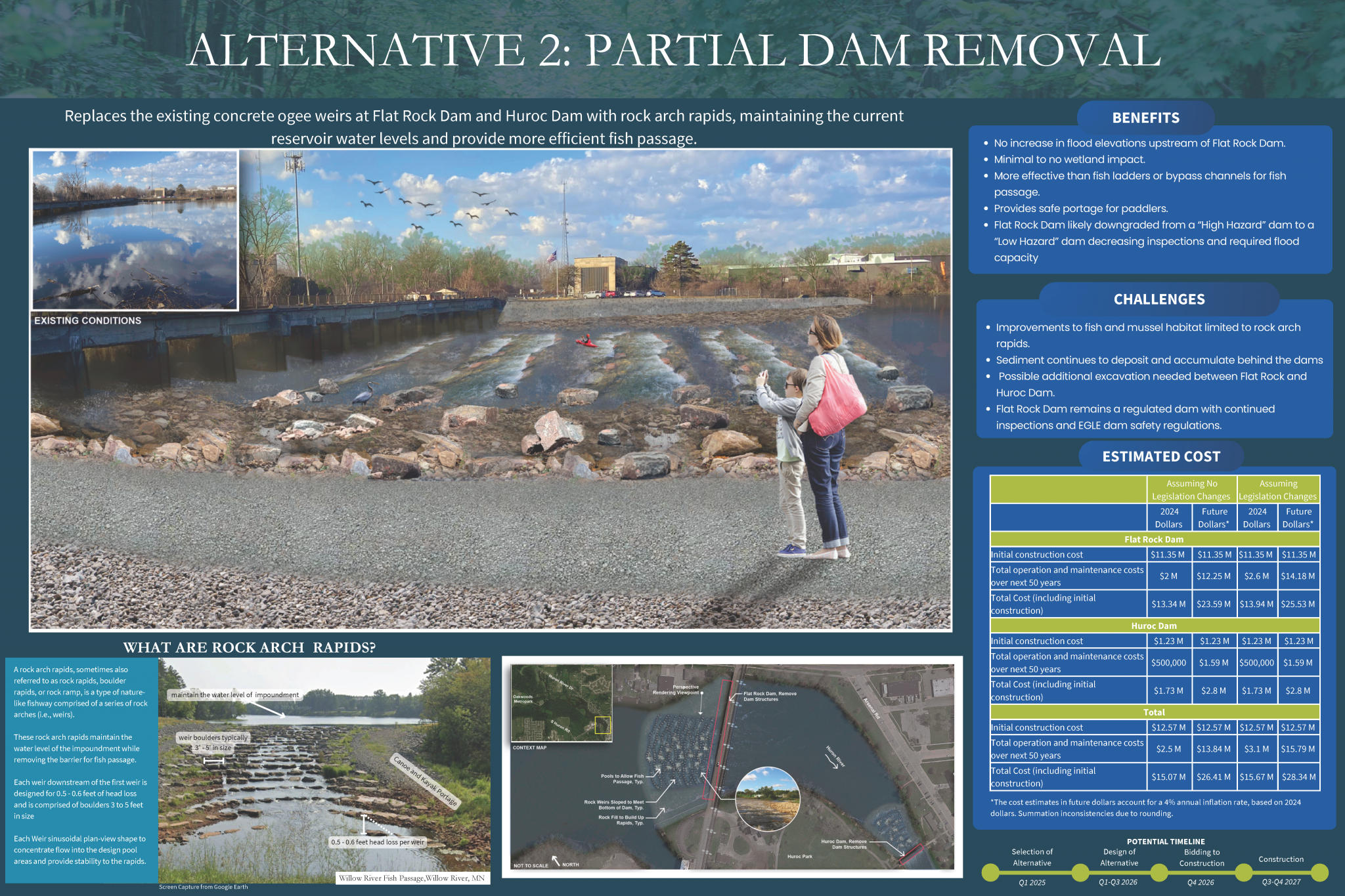
Aging infrastructure
The aging dam is in fair condition but is classified as a “high hazard potential” by Michigan’s Department of Environment, Great Lakes, and Energy (EGLE). That designation is an assessment of risk, meaning dam failure may cause serious environmental and infrastructure damage, or even loss of life.
A 2020 high-profile dam failure in Mid-Michigan led to severe flooding in Midland, MI, and Sanford Lake was emptied out, wiping out property values and recreation for lakefront homes there.
Elected officials weigh in
Elected officials have joined the chorus of community voices opposed to full or partial dam removal. Rep. Jamie Thompson (R-Brownstown) wrote a letter to the Metroparks board members urging a no vote on dam removal.
Flat Rock’s mayor, Steve Beller, also both spoke at an August 14 board meeting after its city council unanimously passed a resolution to urge Metroparks not to remove the dam.
Environmental impact
Dam removal is growing more common statewide and nationally. Earlier this year, EGLE announced nearly $15 Million dollars in funding for dam removals across the state.
Proponents of dam removals point to improved river health and biodiversity. They also mitigate the risk of catastrophic dam failures.
In the case of Flat Rock Dam, the Metroparks feasibility study for this project notes improved fish passage for sturgeon, walleye, and salmon to travel up the Huron River to spawn.
Brad Booth, president of the Flat Rock Dam Coalition, joined The Metro to discuss why his organization opposes partial or full removal of the Flat Rock dam.
Subscribe to The Metro on Apple Podcasts, Spotify, NPR.org or wherever you get your podcasts.
Listen to The Metro weekdays from 10 a.m. to noon ET on 101.9 FM and streaming on demand.
Trusted, accurate, up-to-date.
WDET strives to make our journalism accessible to everyone. As a public media institution, we maintain our journalistic integrity through independent support from readers like you. If you value WDET as your source of news, music and conversation, please make a gift today.Donate today »
The post The Metro: Metroparks to vote on future of Flat Rock Dam appeared first on WDET 101.9 FM.
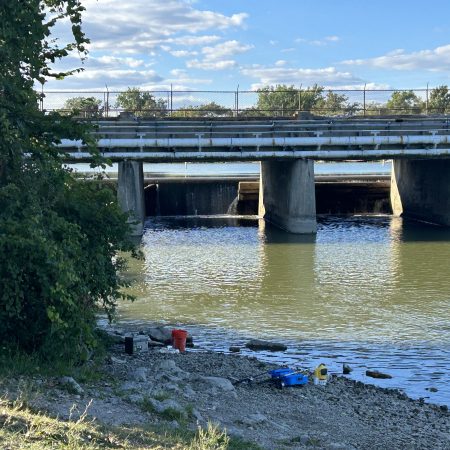
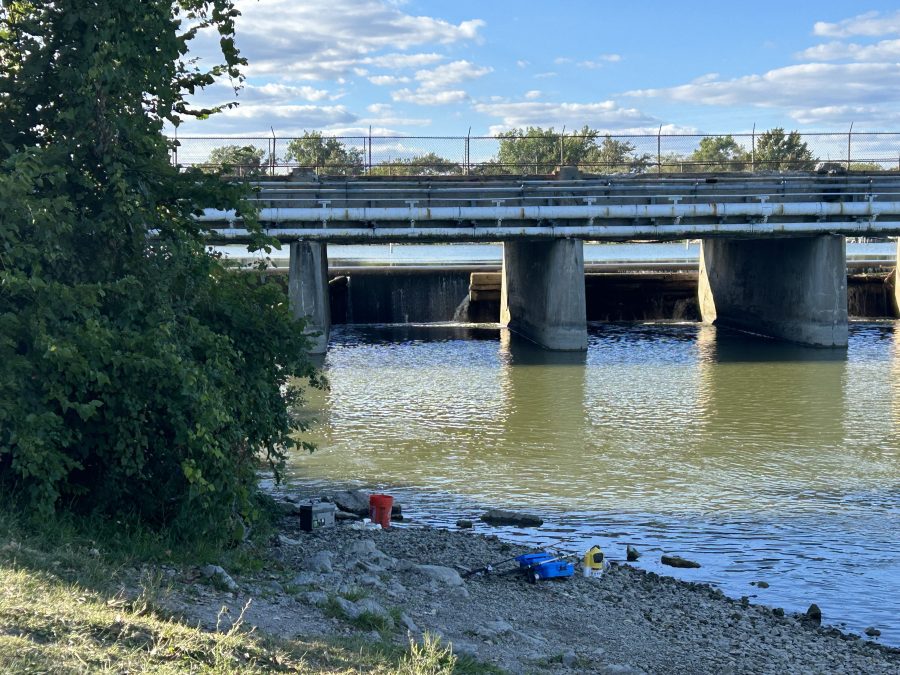
![] (6)](https://wdet.org/wp-content/uploads/2025/09/6-900x534.png)
